Think a Pizza Box Is Recyclable Think Again
Ecology sustainability and business don't e'er get hand in paw, particularly when it comes to production packaging. Some of the most common household packages – including potato chip bags, pizza boxes and toothpaste tubes – oftentimes aren't recyclable. For companies hoping to woo sustainability-minded customers, this can exist a real problem. Even though it makes upwards a small part of a product's environmental bear upon (pdf), packaging is the start thing that consumers encounter, and information technology tin heavily influence their buying decisions.
Marker Dancy, president of WasteZero, a United states-based waste reduction company, says that while fast advancing technologies tin boost dark-green friendly packaging, many companies go on to commit packaging mistakes. The main problem, he argues, is that, when information technology comes to packaging, nigh companies focus on two priorities: "how will this bulldoze consumers to my product and how much does this toll". For some, ecology sustainability is a 3rd, less important concern. "Merely realistically, virtually look at the showtime two," he says.
Here are some examples of the top packaging blunders that companies make, too as some potential solutions to the packaging puzzle.
The chip purse
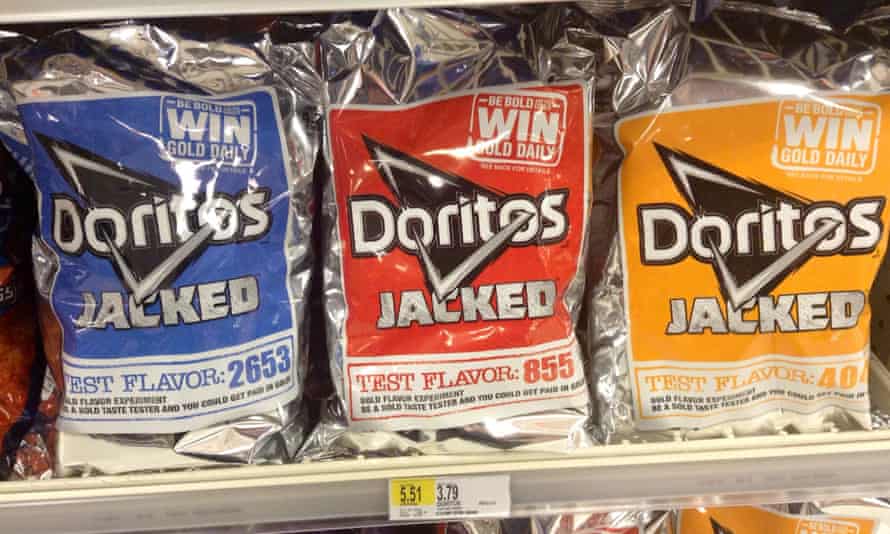
The problem: The typical snack chip bag is made from up to vii layers of foil and plastic. Companies like this because these bags are light, reduce shipping book, don't have upwardly much space on a shelf, and are graphics friendly. The downside is that there'southward currently no machinery to separate these layers, and then they aren't recyclable.
"It's not cost effective and there would exist no market place for the separated cloth," explains Lawrence Blackness, director of global business organisation evolution at Waste Management, a US-based environmental solutions provider. "Information technology is expensive to fix and information technology all comes back to is there a market for the material. If there's not an ongoing marketplace for the textile information technology won't go recycled."
Who does it? Multi-layered packages are popular with consumer giants, peculiarly snack nutrient manufacturers such as Frito-Lay and PepsiCo.
What is the solution? Unfortunately, in that location is no easy solution: according to sustainability experts at Waste Management multi-layered packaging is considered the worst of the worst when it comes to recycling. "When things are mixed together, you cheapen the product," says Tom Carpenter, executive director of Waste material Management'south sustainability services. "If I had two boxes, and one is all cardboard, the other box had metallic strips, the 2nd would exist too costly to recycle."
Consumer education can go a long mode toward increasing the potential for recycling. For instance, packages with simpler multilayers, such as cereal boxes and bags, demand to be separated for recycling. Another option is "upcycling": Consumers can wash out used bags and reuse them for sandwich bags, or for craft projects, such as the tater chip wallet.
Unmarried-serving foods
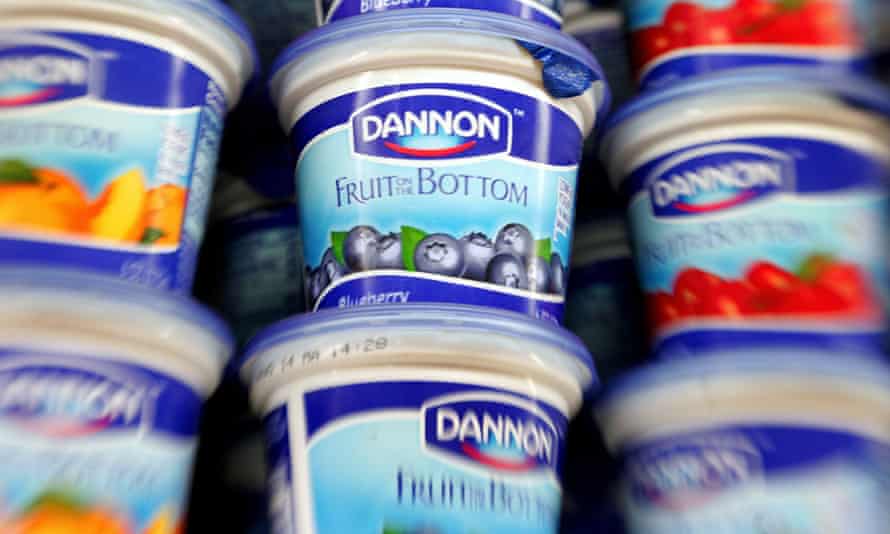
The problem: Size and material are ii of the biggest factors for recyclability: in general, the smaller a package and the greater its mix of materials, the less recyclable it is. While consumers and businesses may call back that sleek, recyclable containers are sustainable, experts note that unmarried-serving foods, including yogurt and coffee cups, are peculiarly problematic. Their small size and – in the case of yogurt cups, difficult-to-recycle plastic – tend to brand them a tough sell for recyclers.
Who does it? Most common unmarried-serve foods, including cups of coffee, violate the material and size rule. Yogurt, especially, is a problem – the bulk of yogurt companies, ranging from giants like Dannon and Chobani, to smaller independent producers, use packaging that is difficult to recycle.
What is the solution? On the recycling end, advances in technology could lead to new sorting machines and more than sustainable polymers. Alternately, some companies, including Unilever, have redesigned their packaging to make it more than sustainable. On the consumer end, many coffee chains, including Dunkin' Donuts and Starbucks, allow customers to use reuseable java mugs.
Another choice is compostable, biodegradable packaging. Some supermarkets, like Whole Foods and Trader Joe's, are increasingly utilizing compostable and biodegradeable containers. Unfortunately, this is still uncommon. Green-witting consumers can also opt to purchase larger size items and transport them in reusable or washable containers.
The toothpaste tube and the toothbrush
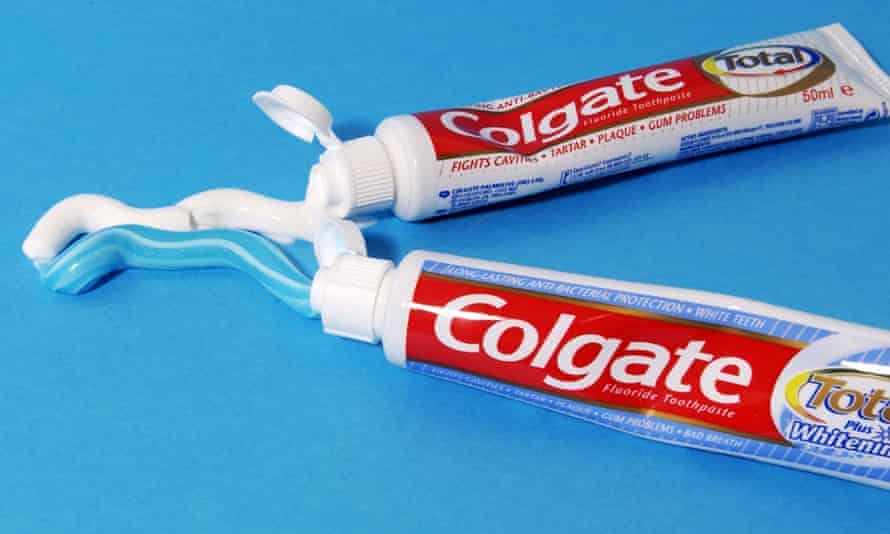
The trouble: The small size, composite material and leftover toothpaste inside toothpaste tubes – and other tube-based containers – make recycling almost incommunicable. Equally for toothbrushes, their slender shape and blend of plastic and nylon bristles make them tough to disassemble and recycle.
Who does it? Toothpaste and toothbrush manufacturers, including consumer giant Colgate-Palmolive, manufacture these non-recyclable products.
What is the solution? Since being served with a shareholder resolution by As You Sow (AYS) a non-profit environmental protection group in 2012, Colgate-Palmolive has been working with AYS to create a recyclable toothpaste tube or package.
The mail service-consumer plastic canteen
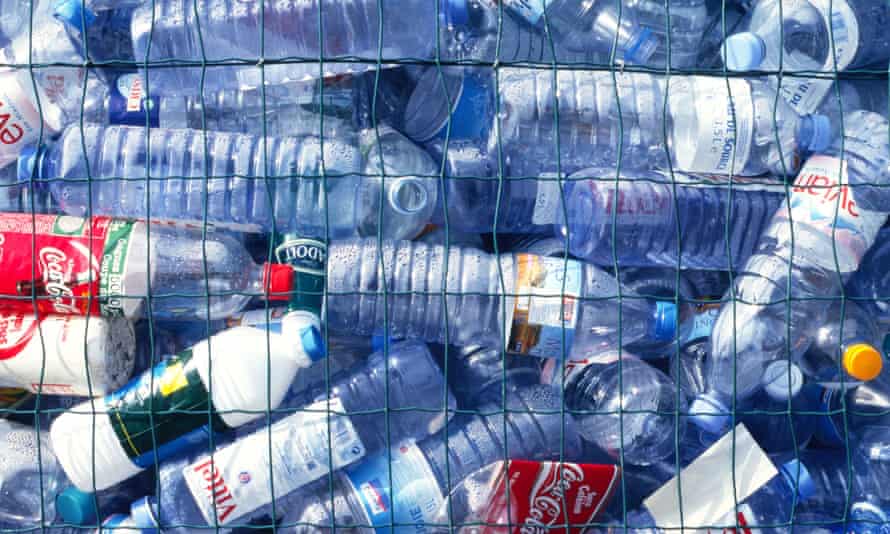
The trouble: While plastic bottles, which are popular with both beverage manufacturers and consumers, have come a long mode when it comes to recycling, in that location is still room for improvement when it comes to the percentage of bottles that are recycled.
Who does it? Near beverage manufacturers, including Coca-Cola and PepsiCo, use PET (polyethylene terephthalate) plastic bottles.
What is the solution? In some ways, plastic bottles are a case written report in how companies can employ innovations and consumer outreach to improve a recycling problem. A 2013 report from the National Clan for PET Container Resources showed that New York'due south bottle deposit law and a ascension in collections in California drove upwards US gross recycling rates of PET bottles to 30.8%.
But in that location is still room for improvement, and companies, including both Coca-Cola and Pepsico, have launched programs to make recycling more efficient and convenient. Venues where plastic bottles are consumed have also gotten involved. Earlier this twelvemonth, the National Resources Defense Council released the "Guide to Composting at Sports Venues," and many of the U.s.'due south major sports arenas and venues have established food composting programs and replaced their trash cans with recycling bins.
Some companies are also edifice recyclability into the product itself. For example, Pepsico's popular "Naked" potable comes in a 100% post-consumer recycled plastic bottle. Similarly, Vermont-based 7th Generation's eco-friendly products are packaged in green friendly, post-consumer containers.
The online purchase
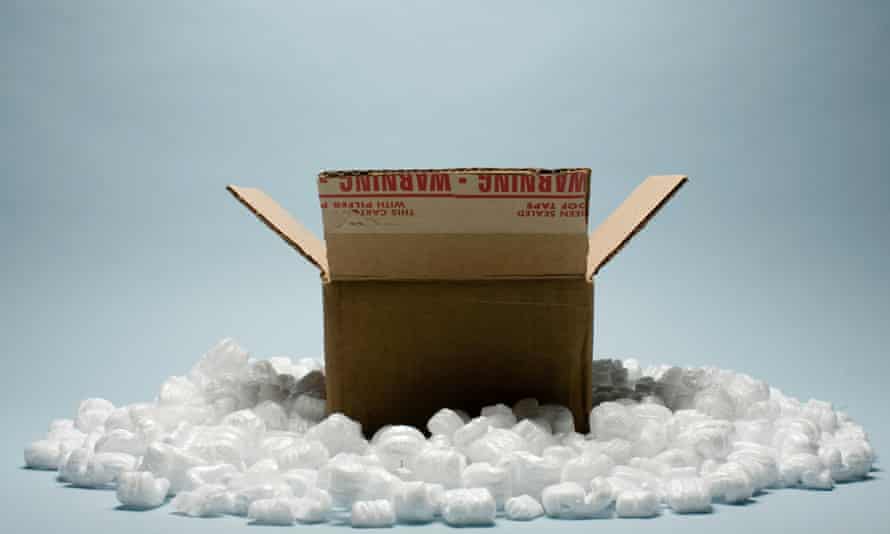
The problem: Companies and private sellers that evangelize products through the mail service oft over-package, putting a pre-boxed item in a 2d box, and sometimes even a 3rd one. This exercise, which Dancy calls the "Russian doll" arroyo, is exceedingly wasteful.
Who does it? Sellers on the eCommerce network, including eBay.
What is the solution? One selection is to utilize sustainable packing materials, rather than the traditional styrofoam. There are numerous sustainable options, including packing materials made from corn starch or sorghum, which can be composted. And New York-based Ecovative blueprint has developed fungus-based packing materials that are existence used by Dell, Crate and Barrel and Puma, among others.
Ed Kastenbaum, general manager of San Francisco-based The Packaging Shop, and vice president of the Retail Packaging Clan, packs with recycled pulp instead of Styrofoam when selling to vino shippers. Kastenbaum says that the lurid wine shippers are widely available. The market change started more than ten years agone & now the vast majority of wine is shipped in this way by wineries, wine clubs, and wine retailers.
The dreaded pizza box
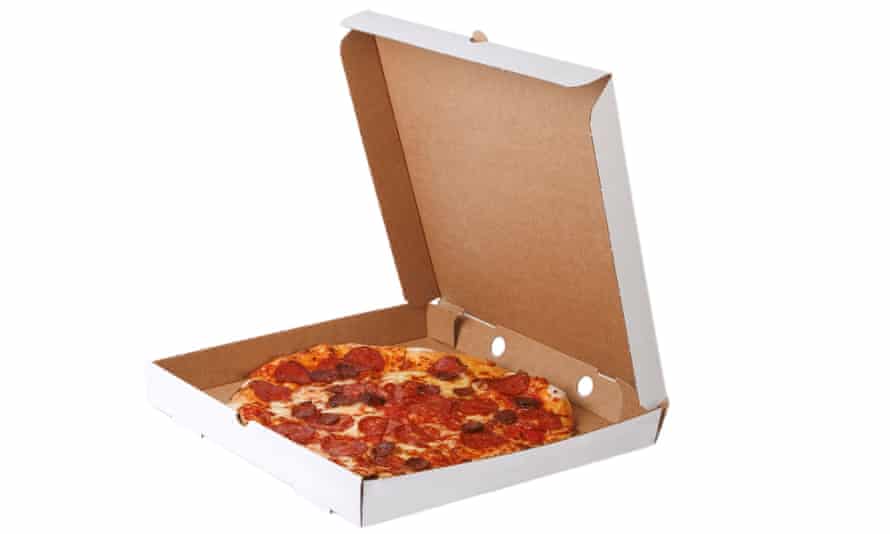
The trouble: Pizza boxes – and many other takeout containers – are fabricated of recyclable materials, just when cheese or other food scraps stick to the cardboard, they are no longer recyclable.
Who does it? Consumers and nutrient delivery places.
What is the solution? Consumer sensation and letting consumers know that the box is valuable. Although consumers and yes pizza companies can't avoid the take-out pizza with cheese fastened to lid, some companies have turned to environmentally friendly solutions including using compostable containers and specially designed recyclable-friendly pizza boxes.
Some pizza companies such as Straw Hat Pizza dissever food and compostable materials in the restaurants. East coast-based Skinny Pines Brick Oven Caterer use innovative packages such every bit The Green Box, a recyclable pizza box that can be disassembled to making it recyclable friendly.
Amy Wu is a Washington DC-based freelance writer who specializes in writing about business and engineering science.
The circular economy hub is funded past Philips. All content is editorially independent except for pieces labelled advertisement feature. Find out more hither .
williamssallithere.blogspot.com
Source: https://www.theguardian.com/sustainable-business/2014/jul/18/good-product-bad-package-plastic-recycle-mistakes
0 Response to "Think a Pizza Box Is Recyclable Think Again"
Post a Comment